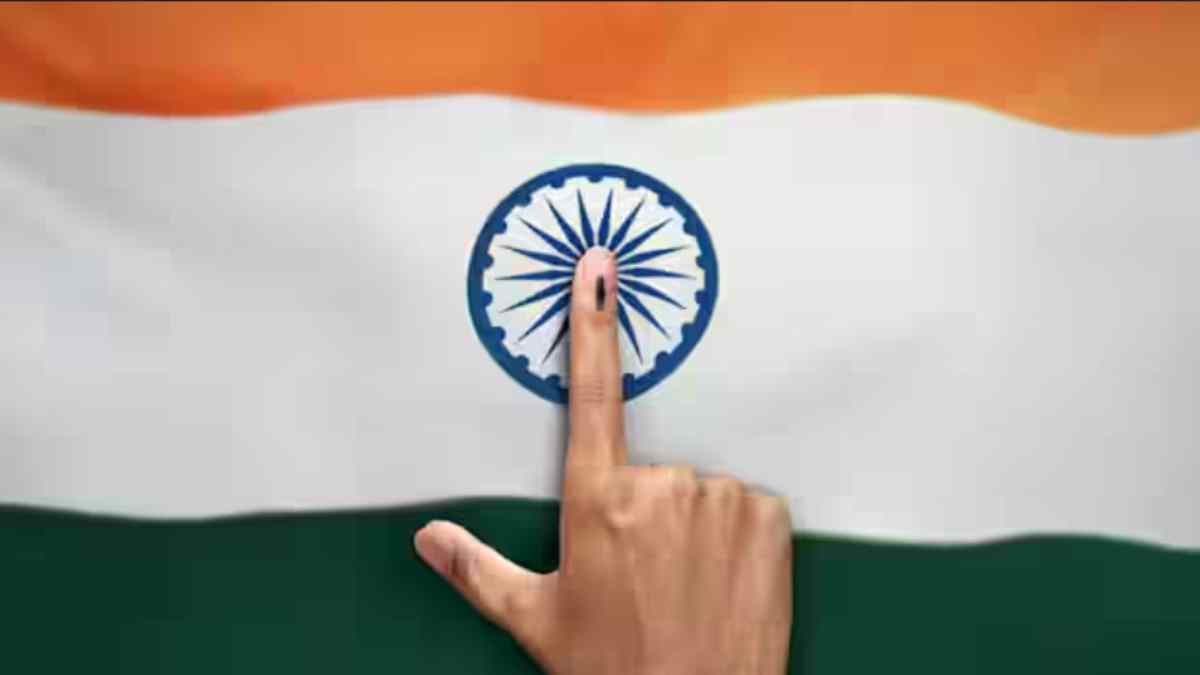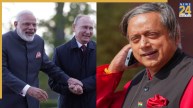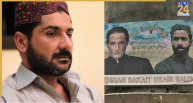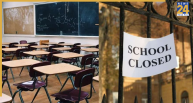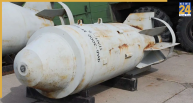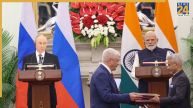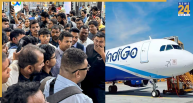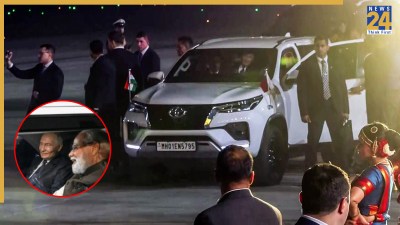After the high-level committee under the leadership of former president Ramnath Kovind recommended holding simultaneous elections of Lok Sabha and assemblies of all states and union territories, the pertinent question coming to the forefront is whether it will be possible to implement the ‘One Nation, One Election’ scheme.
The most important question is: is it possible or desirable to hold an election together in 28 states, 8 union territories, and all 542 seats of Lok Sabha at a time? In a vast and diverse country like India, it is a most challenging task to hold simultaneous polls.
Polls Held Under ‘One Nation, One Election’
The first general election after the independence was held in 1951-52. The elections for all 489 Lok Sabha seats and all states were held simultaneously. This practice was continued till the fourth general election held in 1967. But, as some state assemblies were dissolved prematurely in 1968 and 69, this practice came to an end in 1971.
How Was Cycle Of Simultaneous Elections Broken?
Due to the imposition of Emergency, the term of the fifth Lok Sabha was extended by one year and it was dissolved in 1977. While the Eighth, Tenth, Fourteenth, and Fifteenth Lok Sabha completed their full five-year terms, the Sixth, Seventh, Ninth, Eleventh, Twelfth, and Thirteenth Lok Sabha were dissolved prematurely. So, simultaneous elections were not held. Thus, the cycle of simultaneous elections was disturbed and separate elections to Lok Sabha and state legislative Assemblies were held.
What Does Constitution Say?
According to Article 83(2) of the Indian Constitution, the Lok Sabha should have a normal term of five years. Similarly, Article 172 (1) provides for a similar tenure for the State Legislative Assembly from the date of its first sitting. Tenure of either of the House cannot be extended beyond five years except in an emergency.
18 Amendments To Constitution Needed
If the ‘One Nation, One Election’ programme is implemented, Article 83, concerning the duration of the Houses of the Parliament, and Article 172, concerning the duration of the state legislative assemblies will have to be amended. Besides 16 other amendments to the Constitution would have to be introduced and approved. Each proposal to amend the Constitution will have to be supported by the two-thirds majority of the members present and voting in both houses. Besides the majority of states, at least 15 out of 28 states and union territories, 5 out of eight, must get these proposals approved by their respective assemblies.
Is It Possible For NDA To Get Amendments Approved?
Is it possible for the present government to get all these 18 amendments to the Constitution approved by the Parliament and assemblies?
It is an uphill task for the government, almost impossible at present. The ruling NDA has 293 out of 545 seats while it needs 364 seats to get the proposals approved by the two-third majority in Lok Sabha. The ruling alliance has 112 seats in the 245-member Rajya Sabha, while it needs 164 votes to get the proposals approved.
It may be recalled that the number of seats of the BJP-led NDA came down from 353 to 293 seats in the present Lok Sabha, with the seats of the BJP being reduced from 303 to 240 seats. The Opposition INDIA alliance led by the Congress and consisting of regional parties like SP, AITC, DMK, and RJD won 233 seats. All of these parties are against the concept of ‘One Nation, One Election.’
How Will Govt Implement It?
The Ramnath Kovind panel has suggested to implement the scheme in many phases. It has advised to hold simultaneous elections in two phases. It has been suggested to hold Lok Sabha and assembly elections simultaneously in the first phase. The panel has also advised that in the second phase, the local body elections to panchayats and municipal bodies should be conducted within 100 days of the general elections. It has also suggested that there should be a common electoral roll for all elections. According to the Kovind Panel, Voter ID cards should be prepared by the Election Commission of India (ECI) in consultation with state election authorities.
The Kovind panel has also suggested that the state governments formed between 2024 and 2028 will have a shorter term till the 2029 Lok Sabha elections. The Lok Sabha and Assembly elections may be held simultaneously after that. It has been said that if there is a hung House, no-confidence motion, or any such event, fresh elections may be held to form the new House, be it in the Lok Sabha or state assemblies.
The government will find it difficult to implement the concept of One Nation, One Election.

